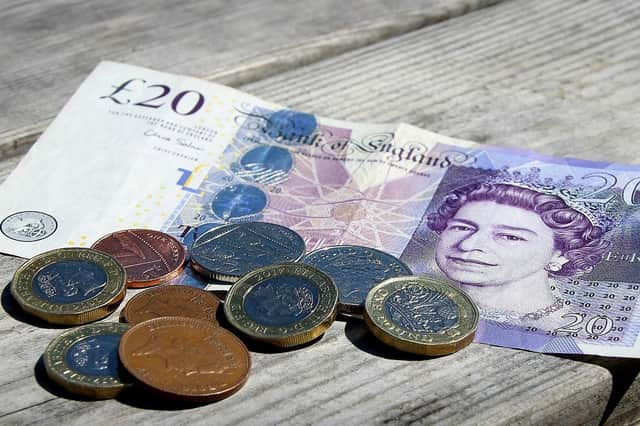Another interest rate rise ahead but ‘squeeze’ could then ‘stabilise’ – economist


Last week, the Bank of England increased the interest rate to 4% – the latest in a series of successive increases designed to reign in soaring inflation – and on Monday a Bank of England policymaker suggested rates will likely need to increase further despite early signs of a “turning point” in the battle against sky-high inflation.
Catherine Mann, one of the nine interest rate setters at the Bank, said it was too soon to pause hikes in the Bank Rate, warning that there are still big risks that inflation may prove stubborn, even if price rises appear to have passed their peak.
Advertisement
Hide AdAdvertisement
Hide AdIn a speech at the Lamfalussy Lectures Conference in Budapest, Hungary, Ms Mann said: “We need to stay the course, and in my view the next step in Bank Rate is still more likely to be another hike than a cut or hold.”
Senior Ulster University economist Dr Esmond Birnie, meanwhile, said interest rate rises are adding to the squeeze on household finances through increased mortgage bills but suggested the rate could “stabilise” in the near future.
Speaking to the News Letter, Dr Birnie said: “I think the Bank of England, albeit very cautiously, are indicating that there may be one or two more increases to come but we are probably almost at the top of this particular mountain. The rate is 4% now, and it may well go up to 4.5% in the next few months, but then it could well stabilise. The hope is that we are going to see inflation decline quite rapidly. Providing that does happen, the Bank of England will feel quite confident that they don't have to go beyond, let's say 4.5%.
“I think we may be coming to the end of this particular phase.”
Advertisement
Hide AdAdvertisement
Hide AdHe added: “There is a squeezing going on here. The amount of household income that will be left – the so-called disposable income – will be smaller and that will ripple through to the rest of the economy.”